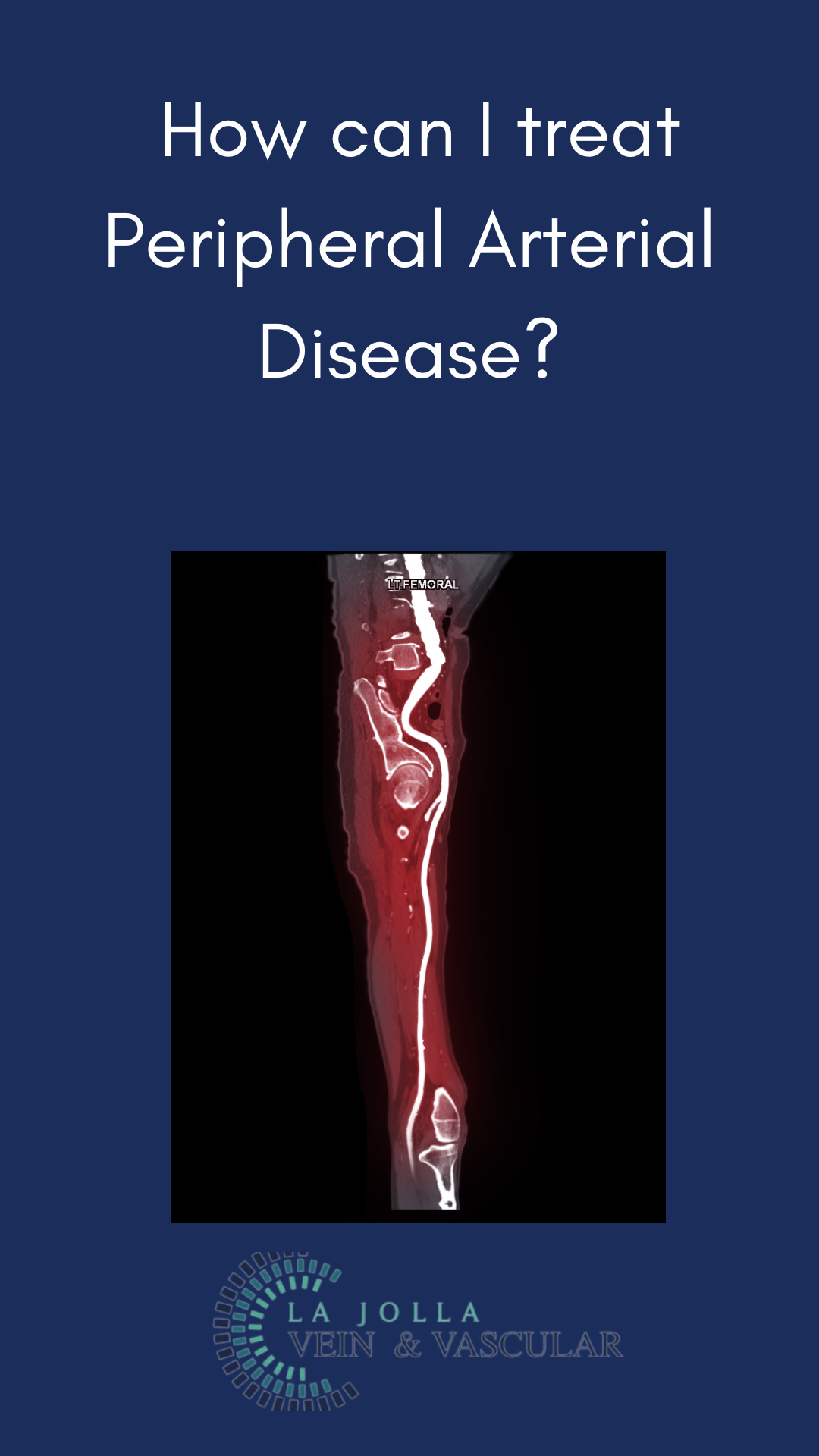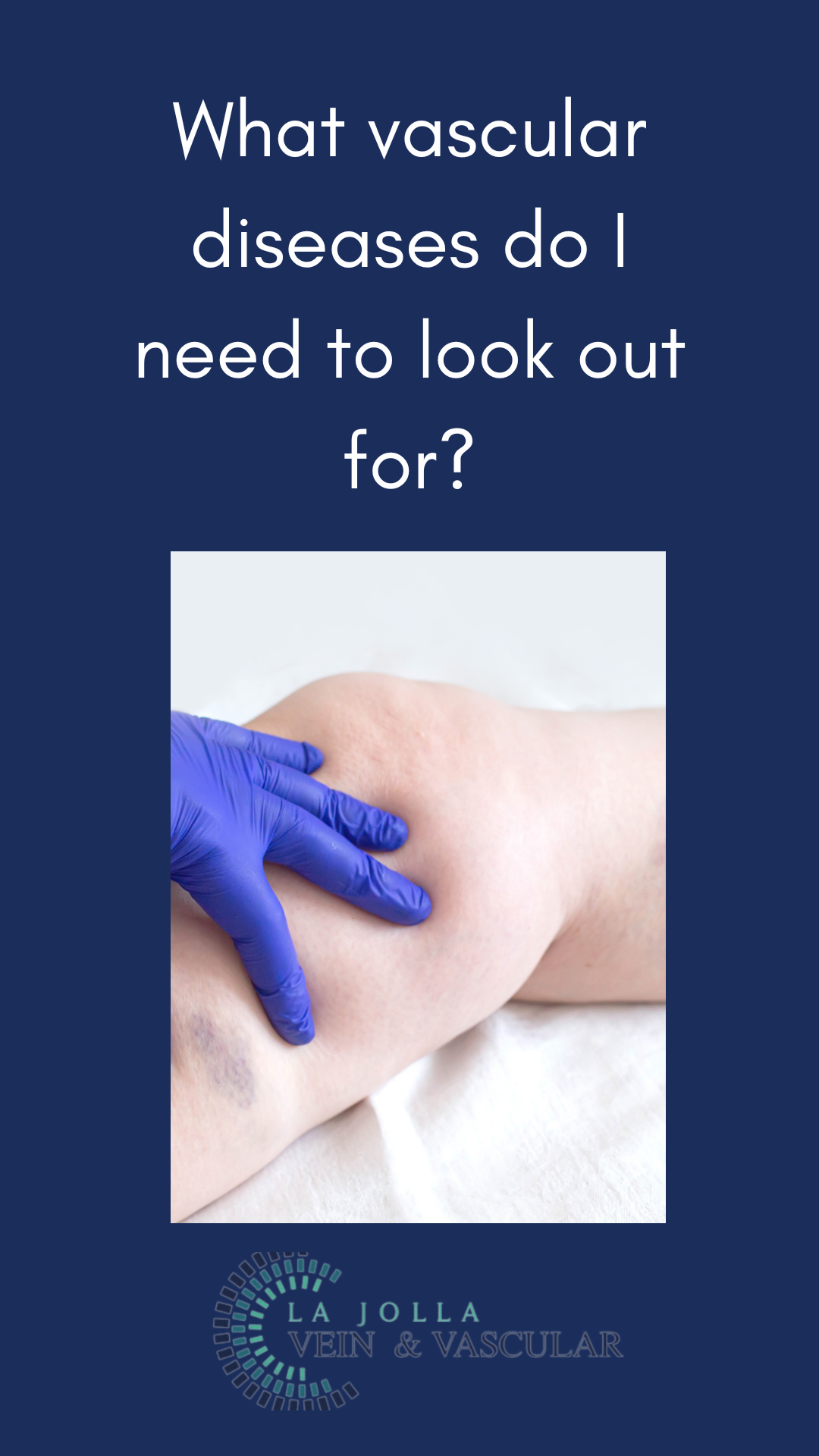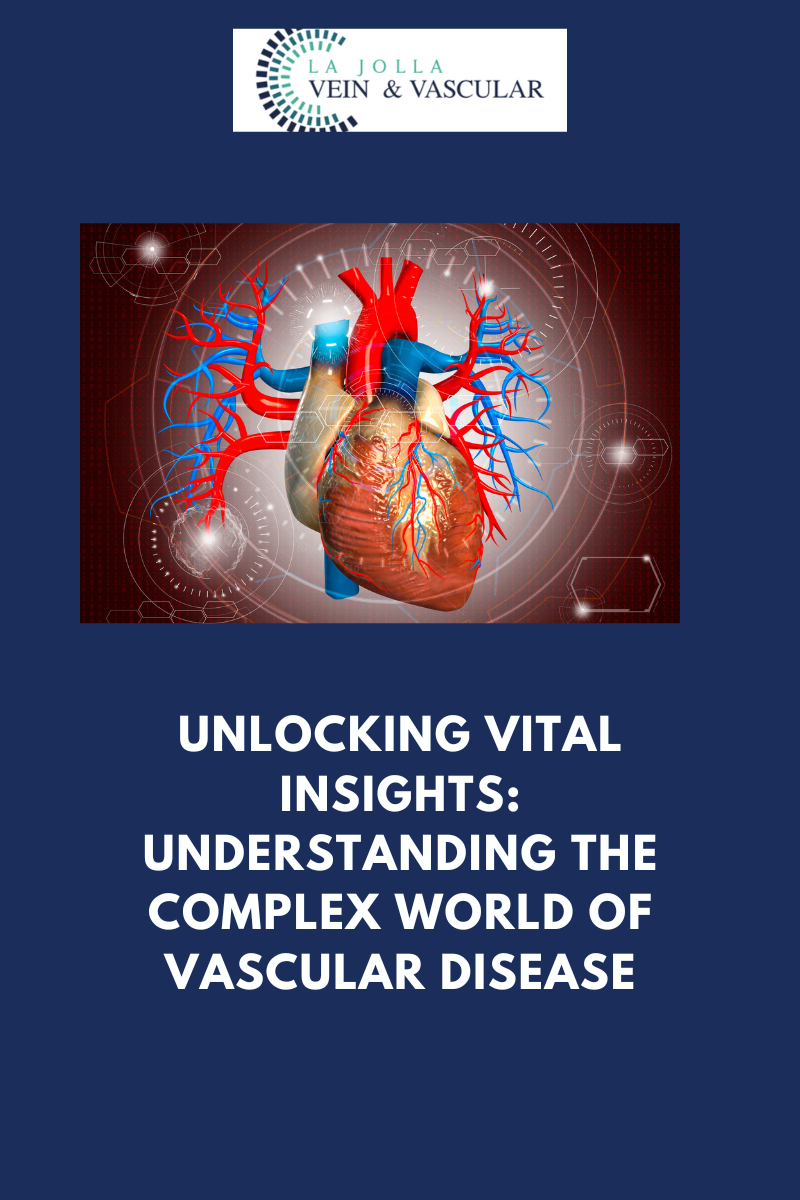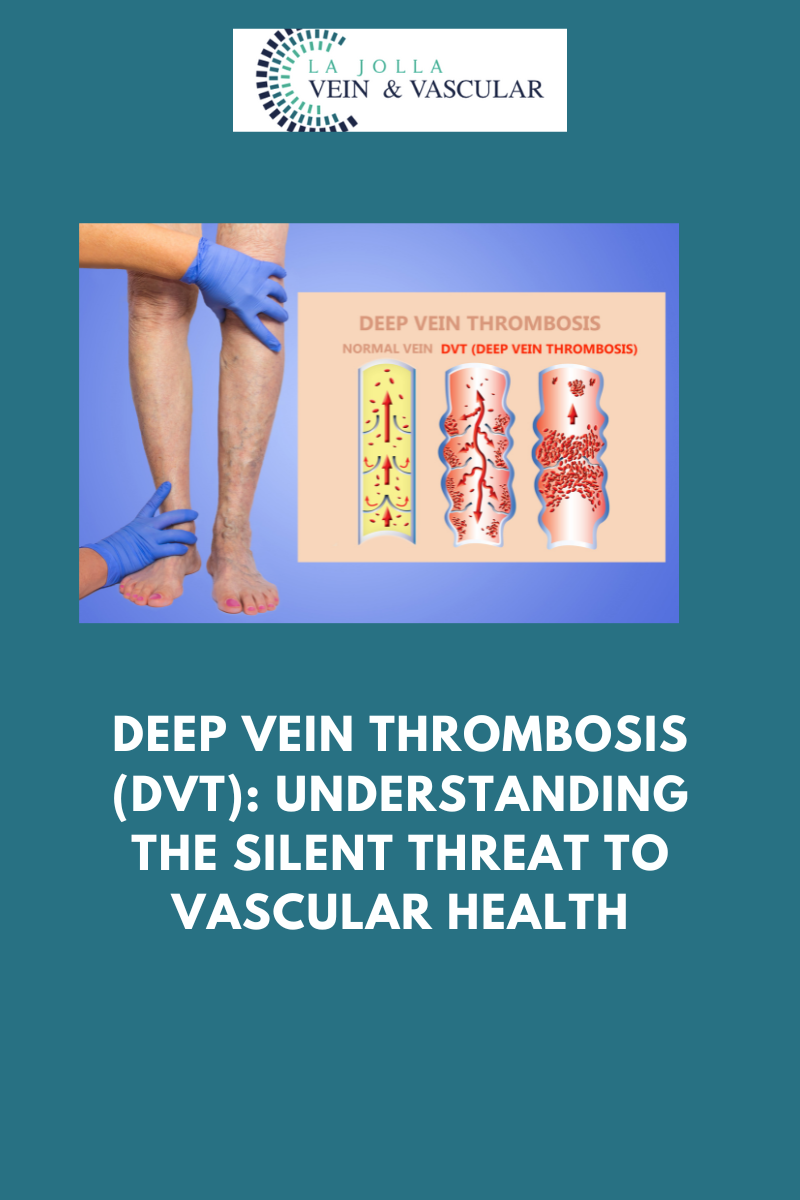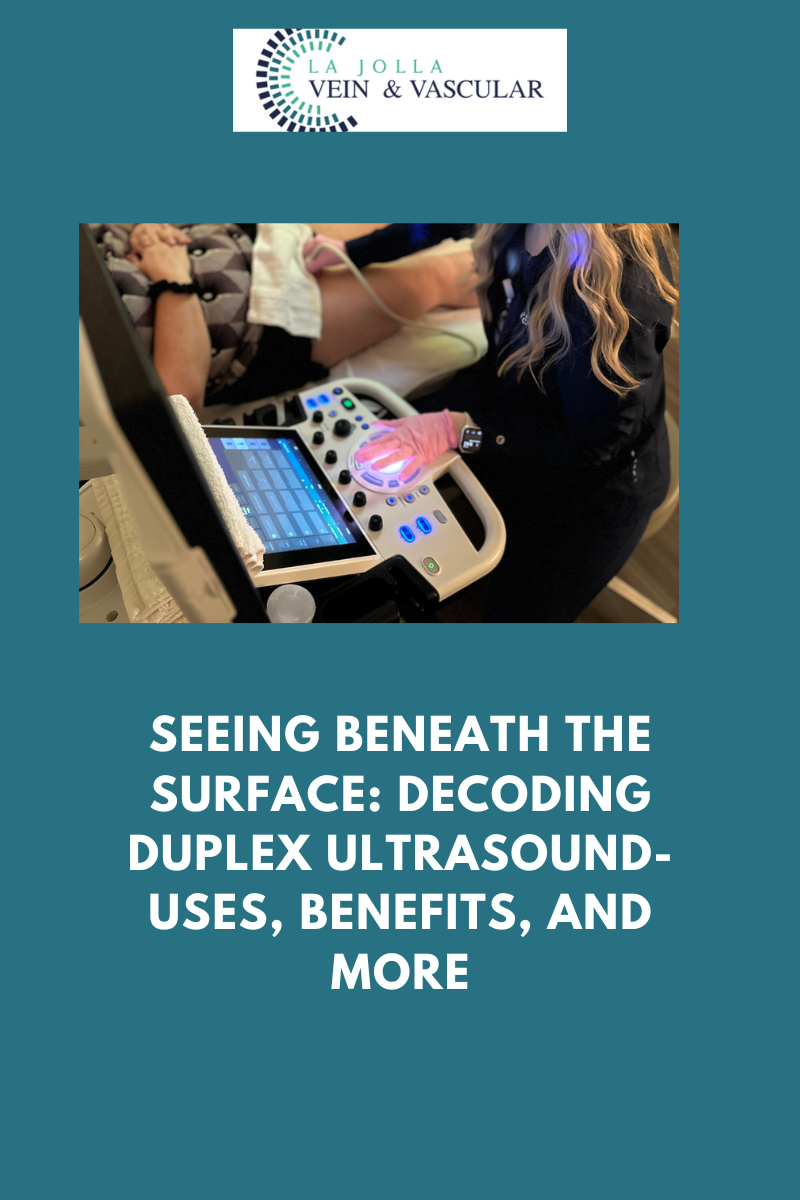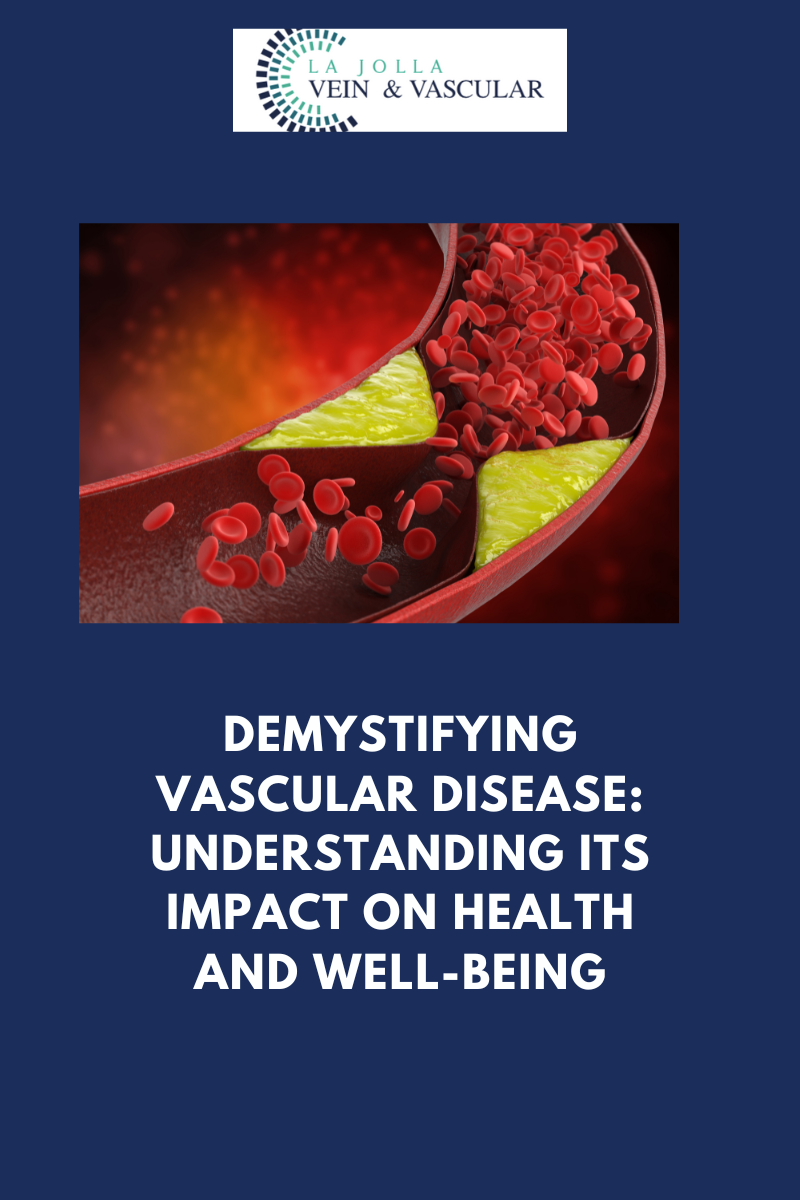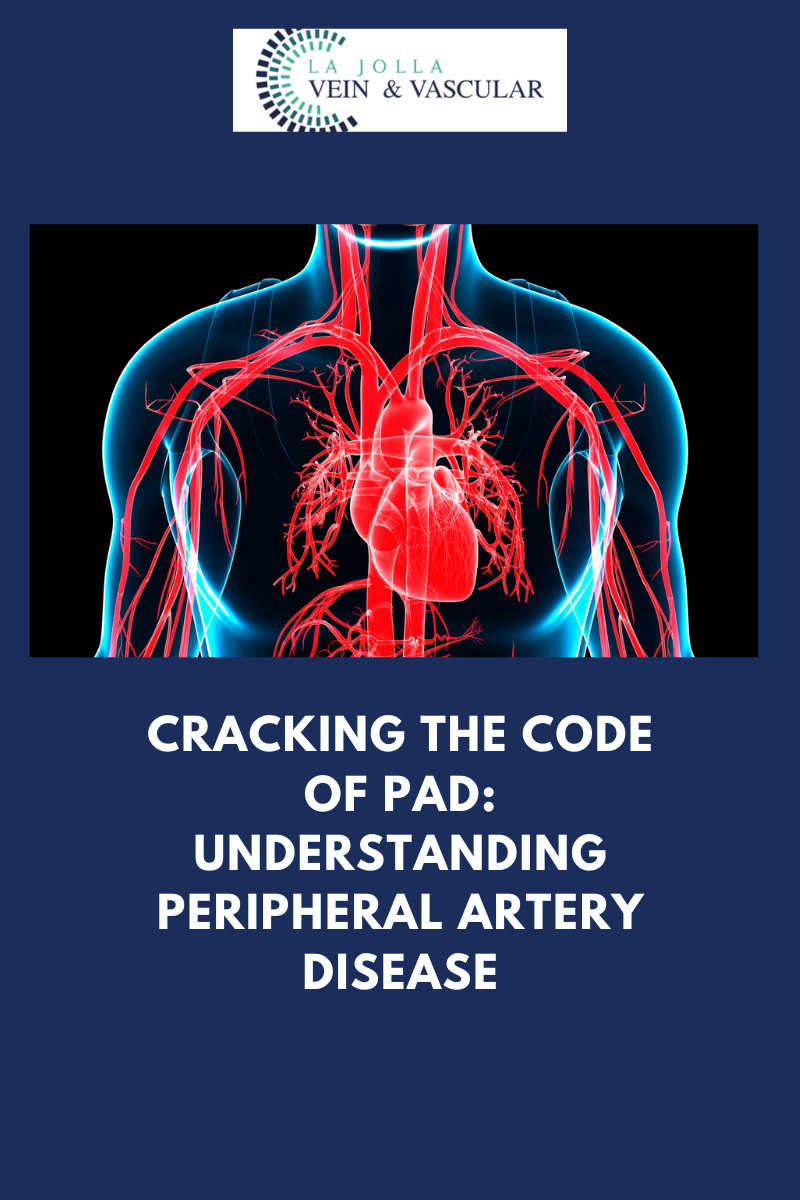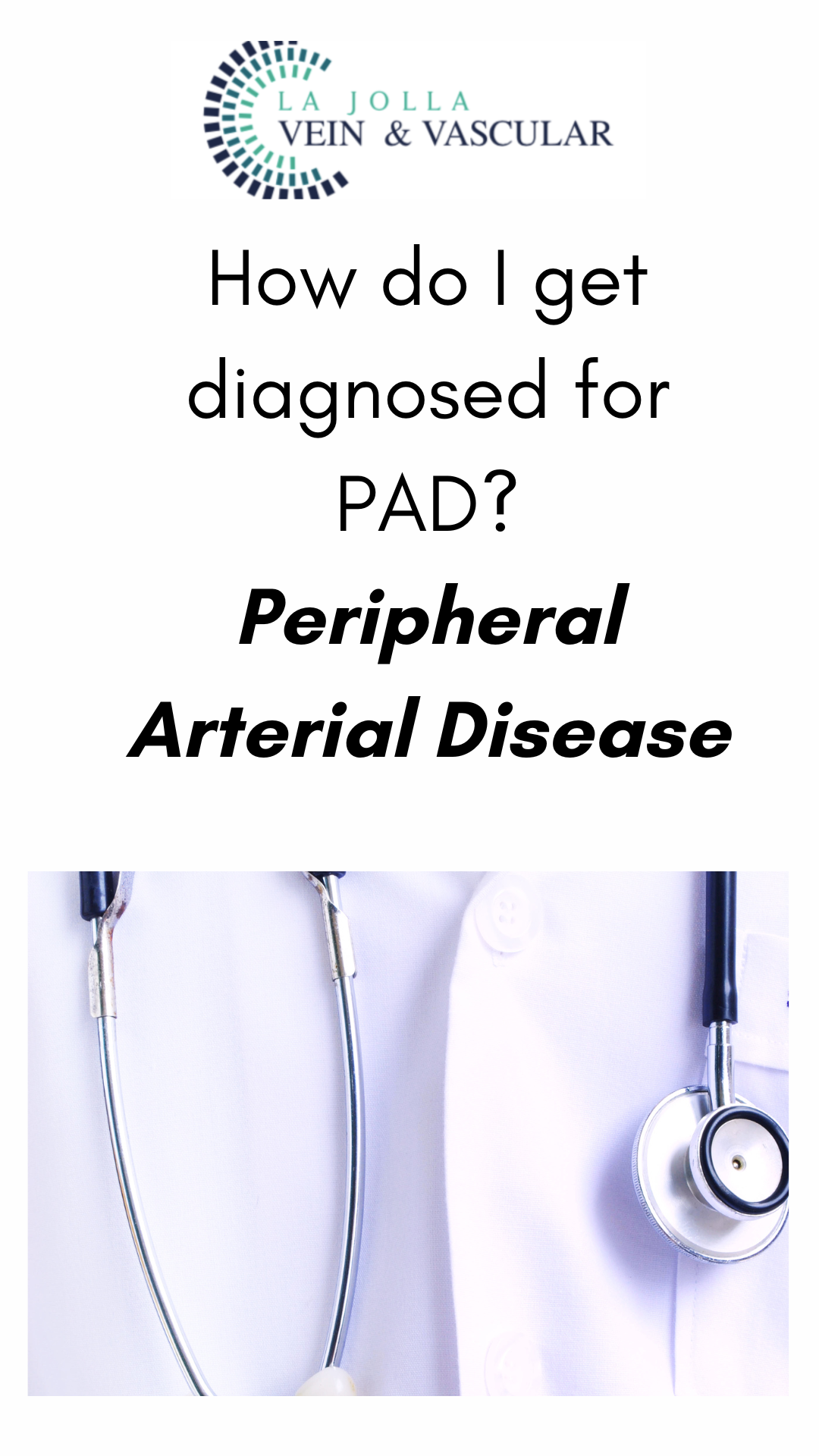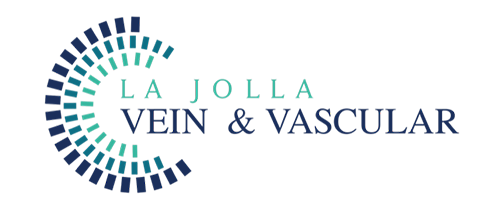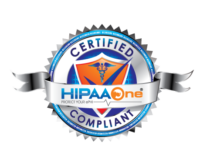La Jolla Vein & Vascular Venous Exams and Vascular Lab
LJVascular2024-10-25T04:34:37-07:00La Jolla Vein & Vascular Venous Exams and Vascular Lab
When it comes to managing vascular health, convenience and efficiency are paramount. At our clinic, we offer a seamless and coordinated approach to vascular care, complete with our own on-site vascular laboratory. This state-of-the-art facility utilizes advanced imaging technology to detect vascular diseases, providing critical insights that guide your treatment. In this blog post, we’ll delve into the world of vascular imaging, explain its significance, and highlight the convenience of one-stop care.
The Significance of Vascular Imaging
Vascular imaging plays a pivotal role in the diagnosis and treatment of conditions that affect the arteries and veins. These advanced imaging machines are adept at detecting vascular diseases that may not be visible to the naked eye. Moreover, they offer the ability to examine blood vessels throughout the body, providing essential insights into your vascular health.
Our vascular laboratory holds accreditation from the Inter-societal Accreditation Commission (IAC) for Vascular Testing in veins, ensuring the highest standards of care.
Ultrasound Services: Accessible at Multiple Locations
We understand the importance of accessibility when it comes to healthcare. That’s why we offer ultrasound services at both our La Jolla and Vista locations. To schedule an ultrasound appointment, please call:
- La Jolla: 858-550-0330
- Vista: 760-249-7007
By providing ultrasound services at multiple locations, we strive to make your healthcare journey as convenient as possible.
One-Stop Vascular Imaging and Consultations
Imagine the convenience of receiving comprehensive vascular care under one roof. Our Vascular Lab eliminates the hassle of traveling to multiple locations for imaging, diagnosis, and treatment. Here’s what you can expect from our one-stop approach:
- Non-Invasive Testing: Our procedures are non-invasive, ensuring your comfort and well-being throughout the process.
- Same-Day Imaging Appointments: We offer same-day imaging appointments, reducing waiting times and expediting your care.
- Consultations in the Same Location: You can consult with a healthcare provider in the same clinic, streamlining your healthcare journey.
- Comfortable, Private Rooms: Our facility boasts comfortable and private examination rooms to enhance your experience.
Understanding Vascular Conditions
Vascular diseases encompass a wide range of conditions affecting blood vessels. There are two primary types of blood vessels in the body: arteries and veins. Arteries carry oxygen-rich blood from the heart to all parts of the body, while veins return blood to the heart and lungs for reoxygenation. When these blood vessels become compromised, it leads to vascular disease, affecting blood flow efficiency.
Common types of Vein Disease include:
- Varicose Veins
- Chronic venous insufficiency
- Deep Vein Thrombosis (DVT)
- Carotid artery disease and stroke (TIA or Stroke)*
- Lower extremity arterial disease (PAD)**
- Upper extremity arterial disease
- Abdominal aortic aneurysm (AAA)
The Power of Duplex Ultrasound
Duplex ultrasound technology combines Doppler flow information and conventional imaging to provide a comprehensive view of your blood vessels. It allows physicians to visualize the structure of your blood vessels, assess valve function, and determine the speed and direction of blood flow. This technology is invaluable in identifying blockages, blood clots, and vascular obstructions.
Types of Ultrasound Testing Offered
Our vascular laboratory offers a range of ultrasound testing options, both direct and indirect, to cater to your specific needs:
Direct Testing (Duplex Imaging) – Venous:
- Deep Vein Thrombosis (upper or lower extremity)
- Venous Reflux
Direct Testing (Duplex Imaging) – Arterial:
- Abdominal Aorta
- Abdominal Aortic Aneurysm (AAA) Screening
- Carotid Duplex
- Lower Extremity Duplex
Indirect Testing (Non-Imaging) – Arterial:
- Arterial – Ankle Brachial Index (ABI) with waveforms
- Arterial – Segmental pressures and waveforms (P&Ws), upper or lower extremity
Venous Reflux or Venous Insufficiency
Duplex Ultrasound is instrumental in identifying blood vessels that are not visible to the naked eye, even those deep within the muscles. This technology allows us to visualize both deep and superficial veins in the legs, enabling the detection of venous-valvular incompetence, a common underlying condition that leads to varicose veins.
Before undergoing a Duplex Ultrasound examination, there are a few simple preparations to keep in mind. It is essential not to wear compression stockings on the same day as the examination, and it’s a good practice to stay well-hydrated.
Our comprehensive vascular imaging services provide a one-stop solution for the diagnosis and treatment of vascular conditions. With advanced ultrasound technology and a commitment to convenience, we aim to make your healthcare journey as seamless as possible. Whether you’re seeking to diagnose varicose veins, assess arterial health, or monitor blood vessel function, our vascular laboratory is here to provide you with the care you deserve.
For all your vascular imaging needs, trust us to deliver accurate results and exceptional care. Contact us today to schedule your ultrasound appointment and take the first step towards better vascular health.
“Bringing Experts Together for Unparalleled Vein and Vascular Care”
La Jolla Vein & Vascular (formerly La Jolla Vein Care) is committed to bringing experts together for unparalleled vein and vascular care.
Nisha Bunke, MD, Sarah Lucas, MD, and Amanda Steinberger, MD are specialists who combine their experience and expertise to offer world-class vascular care.
Our accredited center is also a nationally known teaching site and center of excellence.
For more information on treatments and to book a consultation, please give our office a call at 858-550-0330.
For a deeper dive into vein and vascular care, please check out our Youtube Channel at this link, and our website https://ljvascular.com
For more information on varicose veins and eliminating underlying venous insufficiency,
Please follow our social media Instagram Profile and Tik Tok Profile for more fun videos and educational information.
For more blogs and educational content, please check out our clinic’s blog posts!


